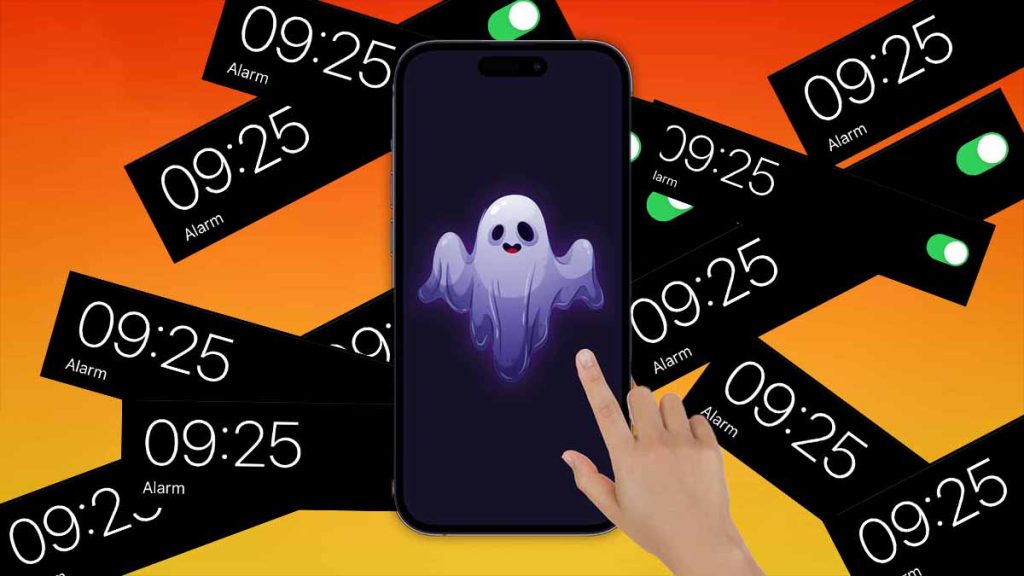Smartphones are indispensable part of our lives. We rely on them for various daily tasks, from basic communication to our financial transactions. Also one of the most significant functions of our phones is serving as an alarm clock in the mornings. Just like you and me, many of us start our day with the alarm on their phones. However, ecently, some iPhone users have complained about this feature not working as it should. If you have experienced a similar problem and you’re worried it’s broken, don’t be afraid. Because, Apple has acknowledged that the issue is their fault. Here are the details…
How “Attention Aware” Feature Affects Your Alarms from Working
iOS updates often bring new features for iPhone users to enjoy. While some of these are immediately noticeable, others can slip under our radar. For instance, have you heard about the “Attention Aware” feature that the company introduced with the iOS 17.1 update. This remarkable feature uses the TrueDepth camera system to track your eye movements, determining if you’re looking at your iPhone or not.

When your eyes aren’t on the screen it starts to dim, and when you turn your eyes back to the screen brightening up again. However, this useful feature might inadvertently cause problems in your iPhone alarm. I must admit, this feature seems quite impressive at first glance, but doesn’t work as well as it should. Some iPhone tat “Attention Aware” feature enabled, system mistakenly thinks you’re looking at the screen when the alarm rings, resulting in the alarm being silenced.
As a result, users tend to oversleep and end up late for work, school, or any other important things to do. Unfortunately, Apple currently does not have a solution for this. Users who do not want to experience issues should disable the feature. Follow these steps to turn off the Attention Aware feature:
- Open the Settings app.
- Tap on Accessibility.
- Select Display & Text Size.
- Tap on Attention Aware Features.
- Turn off the option ‘Attention Aware’
RELATED:
- Best smart luggage of 2023: Modobag, Weego, Incase & More
- Alldocube iWork GT 12: AMD 2-in-1 laptop, $100 off and free keyboard
- Aoostar R1 N100: Intel N100 NAS / Mini PC with Windows 11 for $219
- Lenovo Legion Y700 2023: Save $100 on this 8-inch gaming Android tablet
(via)







